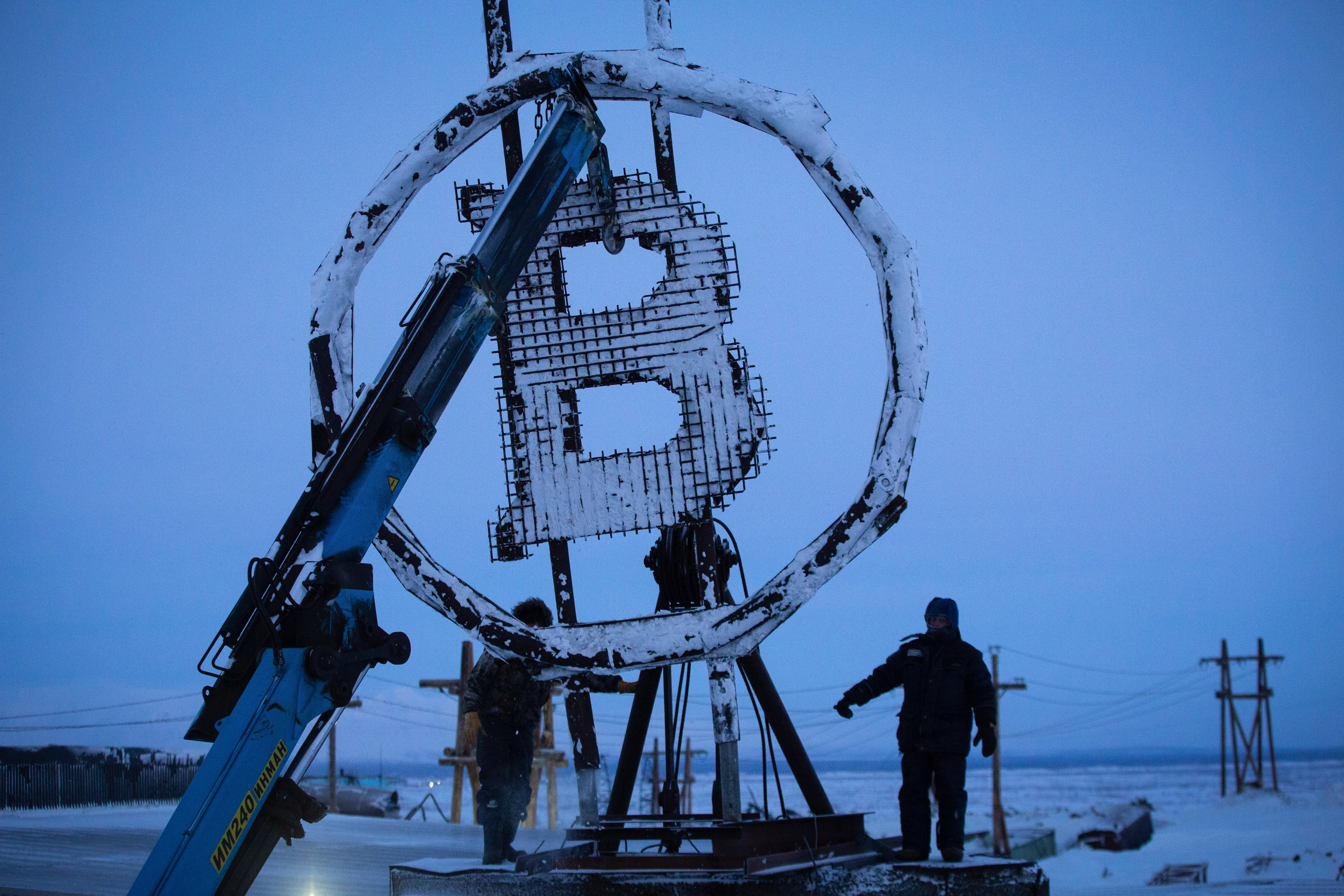Russia and Belarus Move to Introduce Special Electricity Tariffs for Cryptocurrency Miners.
Authorities in Belarus and Russia are taking steps to isolate cryptocurrency miners from other power users and deny them access to subsidised energy. This could lead to the adoption of differentiating electricity tariffs for businesses involved in digital coin minting activities.
Cryptocurrency miners in Russia and Belarus may have to pay more for their electricity.
Entities engaged in the extraction of digital currencies in both Russia and Belarus may have to pay more for the electrical energy they require, media reports have revealed. Both countries' governments are making reforms that are likely to result in the imposition of special prices for this group of electricity consumers.
The Russian Ministry of Energy has lately endorsed the idea. The chairman of the department, Nikolai Shulginov, told reporters on the sidelines of the Russian Energy Week that crypto miners should not pay household rates for the electricity they use.
Shulginov, as quoted by the business news portal RBC, indicated that the ministry is currently working on the matter and that:
We believe it is vital to eliminate the possibility of miners consuming electricity at population tariffs in order to maintain the dependability and quality of power supply.
Electricity rates must be differentiated, according to the government official. Miners should not be permitted to take advantage of special tariffs, according to him, because the current scenario could worsen. Otherwise, the energy minister explained, cross-subsidization would have to be raised, which would be unacceptable.
Igor Kobzev, the governor of Irkutsk Oblast, recently complained to Alexander Novak, Russia's deputy prime minister responsible for the fuel and energy complex, about illegal crypto miners. Their actions, according to Kobzev, as quoted by the business newspaper Vedomosti, increase the load on the Siberian power grid and the possibility of local power plant outages.
Irkutsk has the lowest home power costs in Russia, at 1.23 rubles (less than $0.02) per kilowatt-hour (kWh) in the metropolis and 0.86 rubles (just over $0.01) in the countryside. This year's power usage is expected to increase by about 160 percent above last year's total, according to the governor.
While total electricity consumption in Irkutsk has averaged 5.9 billion kWh over the last four years, it has dropped to 4.7 billion kWh in the first half of 2021. In a social media post, Kobzev presented his proposal to recognise digital currency mining as an entrepreneurial activity and to establish special tariffs for coin minting enterprises' electricity users.
Meanwhile, the Belarusian Ministry of Energy has already classed bitcoin miners as a separate tariff category, with which Russia has strong political and commercial links. The decision was made as part of a joint decree released with the Ministry of Antimonopoly Regulation and Trade at the end of September.
Entities involved in data processing, information services, and related activities, such as operators of mining operations and data centres, will fall into this category, according to the document cited by Forklog, if their annual electricity usage is at least 25 million kWh.
The tariff category is divided into four divisions based on the amount of energy consumed, with the top one encompassing businesses that consume more than 500 million kWh. President Alexander Lukashenko's administration has the ability to add other groupings. The price rates for each group are not specified in the current agreement.
Belarus legalised mining and other crypto-related activities in March 2018 thanks to a presidential proclamation. Earlier this year, Belarus's president asked for the clarification of some statutory laws as well as tighter regulation of the crypto area. Lukashenko has been a proponent of cryptocurrency mining, asking Belarusians to mint digital money rather than plucking strawberries on foreign farms in August. In 2019, he proposed using surplus electrical energy from the country's new nuclear power plant to power mining activities.
The idea of recognising cryptocurrency mining as a sort of economic activity is gaining traction among government officials in Belarus's energy-rich ally, the Russian Federation. Anatoly Aksakov, the chairman of the State Duma's Financial Market Committee, stated in September that mining of digital currencies should be registered as such and taxed accordingly.

